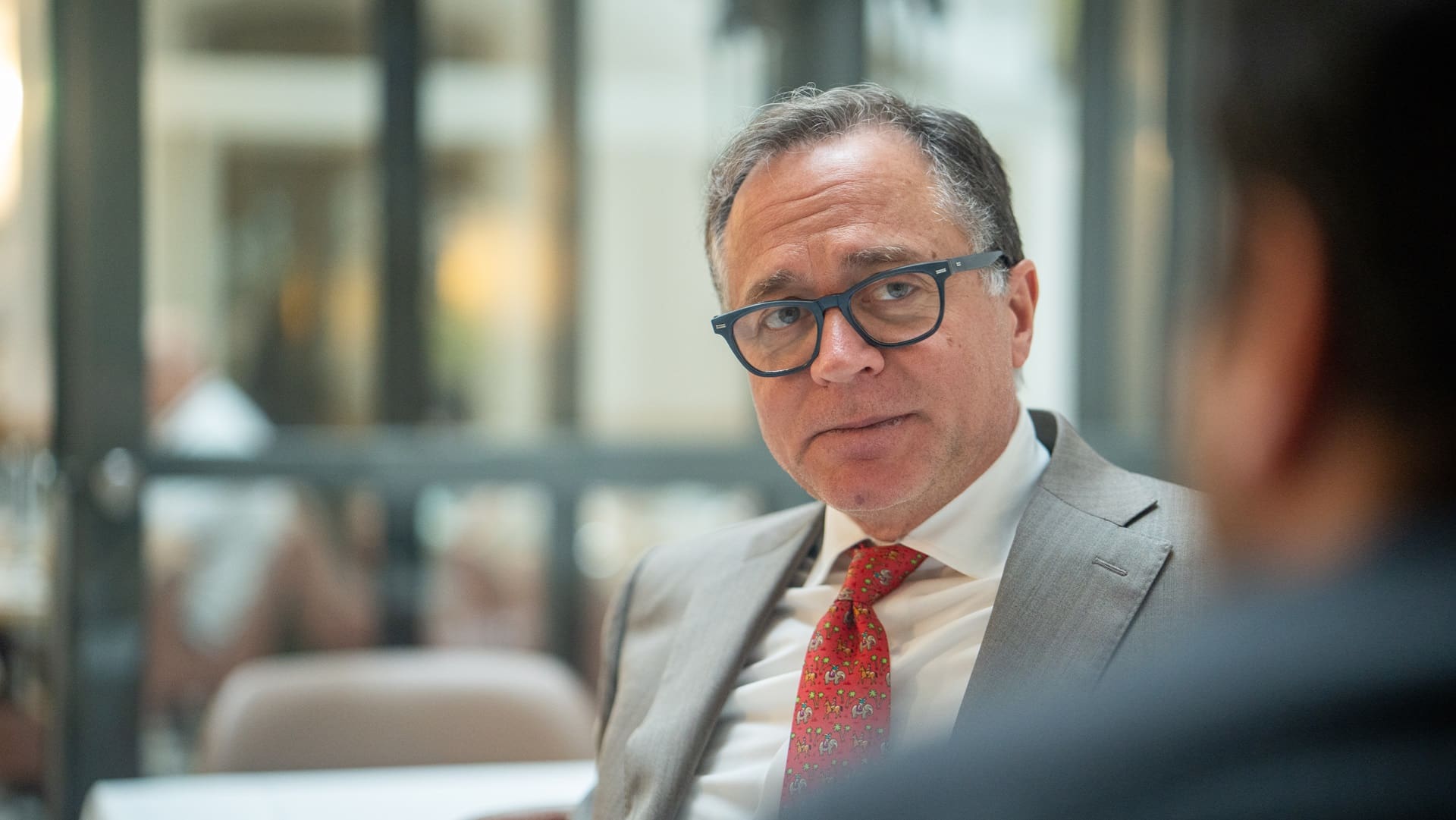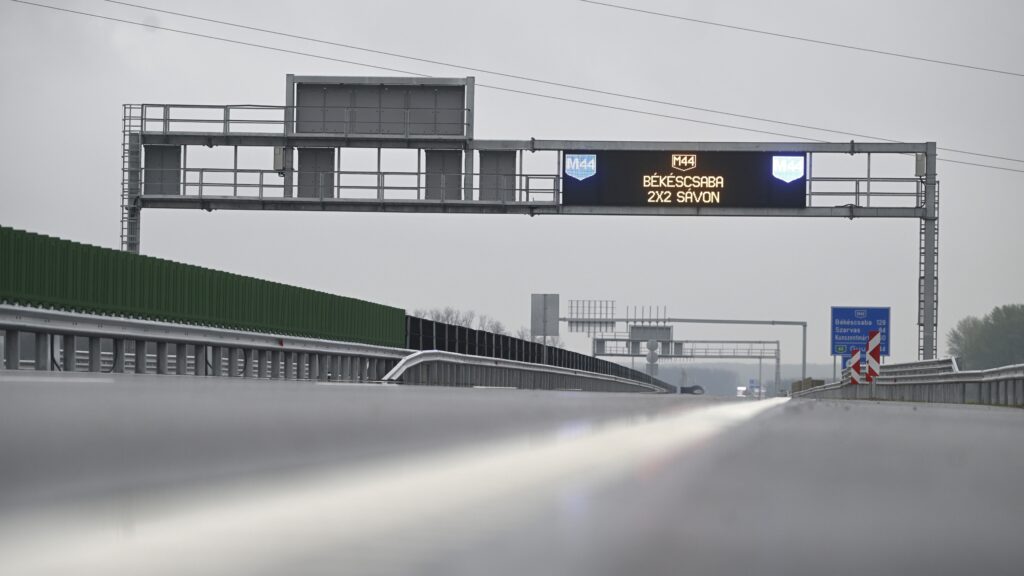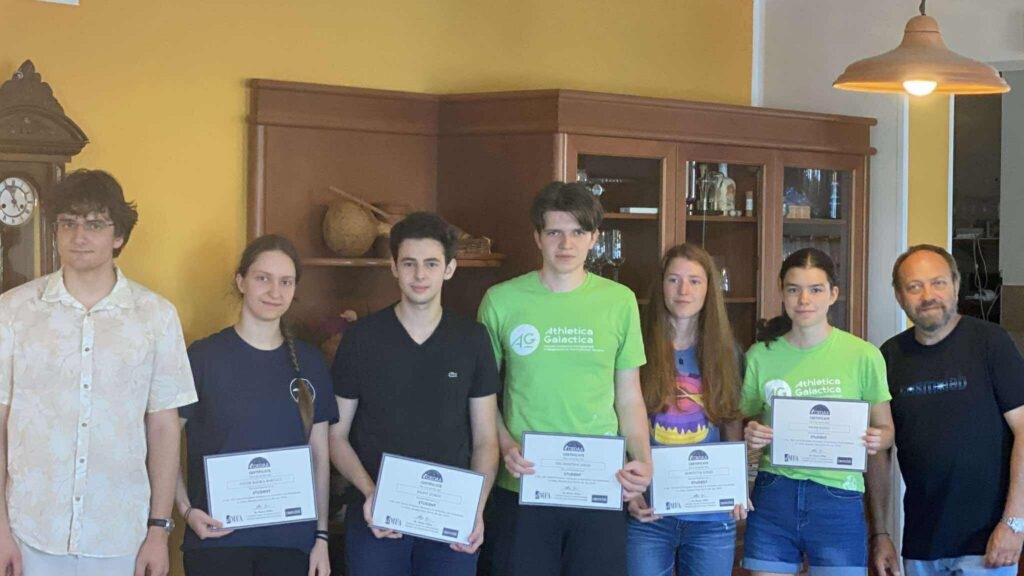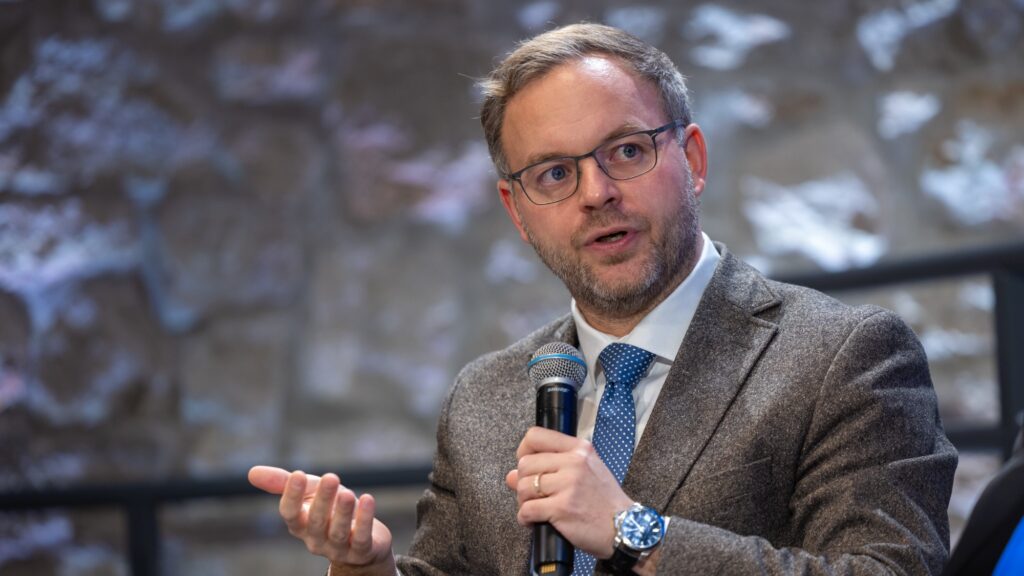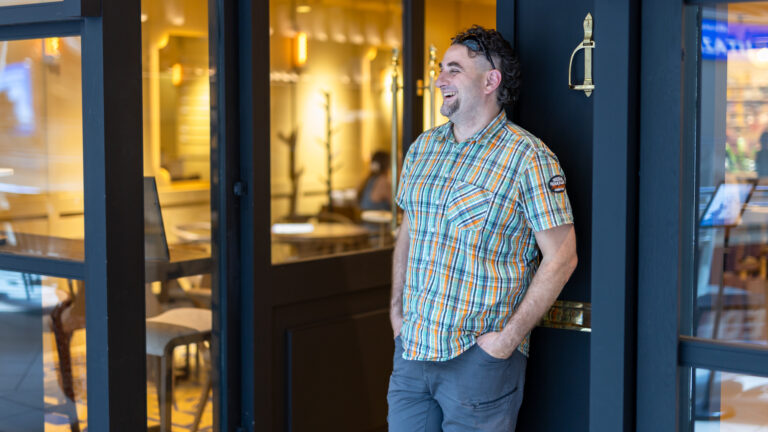Lawyer, policy professional, and political strategist Dan Schneider is the vice president of the Herndon, Virginia-based watchdog group MRC Free Speech America. He specializes in studying the left-wing bias in big media and tech companies. He previously served as the executive director of the American Conservative Union, which organizes CPAC.
***
Republicans haven’t won the popular vote in a presidential election since 2004. They are now leading the popular vote in the polling aggregates—even that hasn’t happened in a long time. I think Mitt Romney led for a couple weeks in October 2012, but this is unusual. Does this require a different strategy for the presidential election when you’re leading the polls than when you’re behind?
I don’t think so. What Donald Trump needs to do is reach out to those undecided voters in the middle more effectively. He’s very good at rallying his base, but he’s been less effective in appealing to voters who feel with their hearts more than think with their brains.
Are you confident going into November that this is actually going to happen? Because it’s not just the polls, but bookmaker odds, and even the CNN projection on their website has Republicans winning the electoral college. So, do you think this is something we can have reasonable confidence in, that the Republican party will win in November?
It’s way too early. Right now, Donald Trump is doing well in those battleground states, those six or seven states that will likely determine the outcome, but there are many months to go. And one thing we can be assured of: it is guaranteed that
the liberal media will do everything it can, and big tech will do everything it can, to help Joe Biden win.
So, we’re going to see stories suppressed that are harmful to Biden, we’re going to see fake stories created about Trump, and those poll numbers will then tighten. Joe Biden will make mistakes, the media will cover them up; and Donald Trump will make mistakes, and the media will amplify those mistakes. So, it’s too early to predict what will happen in November.
Your area of expertise is free speech, big tech censorship, and media bias in favour of the Democrats. Have you seen a shift in the right direction lately? For example, Donald Trump is no longer banned from social media, you hear fewer and fewer cases of prominent conservatives being banned, and Elon Musk took over Twitter.
There has been a big shift with Elon Musk purchasing Twitter, a huge shift there for the positive, but that’s kind of where the good news ends. Facebook has allowed Trump to get back on, but Facebook will not permit election types of posts. But more impactful is what Google is doing. Google is manipulating search results to try to persuade people to vote for the left. And Google is doing this all over the world. That actually has a much bigger impact than anything Twitter or Facebook would do.
Today, the day we are recording this interview, President Trump is meeting with Prime Minister Orbán at Mar-a-Lago. Viktor Orbán has been a very vocal supporter of Trump, which is actually rare: that a foreign leader would be that vocal about their preference in an American election. What do you make of this? Do you think it’s positive, do you think it helps Donald Trump?
I don’t think that Viktor Orbán’s support for Donald Trump will help Trump win the election. I think
what Viktor Orbán can do is help Donald Trump do a better job at messaging to the middle.
That’s where Viktor Orbán has been so effective, and Donald Trump has not. So, it is my sincere hope that President Trump will listen to Viktor Orbán. And I do know that Trump really respects the Prime Minister. So, I hope the Prime Minister will be effective in encouraging Trump to rethink how he messages to the middle.
You often read in the liberal media about an ‘oppressive Orbán regime’. However, the problem you care about the most, social media censorship, we never had this problem here in Hungary. Do you see some irony that while they are accusing a foreign leader of something, they are actually doing more of that themselves?
A double standard is to be expected. It is what we, conservatives always have to live with, because the left controls all these institutions and communication channels, and the left will do everything it can to help their favoured candidate win.
It was interesting to me when I was asked by a very prominent liberal reporter in America what I thought of Prime Minister Orbán using his state power to influence policy. And I challenged this reporter: ‘What do you mean state power?’ He is exercising the authority that the parliament has granted to him. He’s not doing anything that is not democratically approved. That was a completely new idea to this left-wing reporter, because reporters around the world who are left of centre think the very worst of Donald Trump, Viktor Orbán, Javier Milei of Argentina, and Giorgia Meloni of Italy. They cannot see clearly, they can’t see truth, they can’t see reality, they’re so biased.
How did the left get such a hold of the media? When did this start? Was there a time when there was a fair balance in the media landscape?
I can only speak to American media. The media has always been biased. But early in our nation’s founding, there were about as many right-of-centre media outlets as there were left-of-centre. And, by left and right, I do mean sort of a balance between the strength of individual liberty versus the strength of government.
In America, in the media, for decades, there had been a similar number of media outlets on the left and on the right. Today, that’s the big difference. 95 per cent of the media outlets are on the left, and maybe only 5 per cent are on the right. The right is biased, and the left is biased. It’s just the left is far more biased than ever before, and they far outweigh the right. That is a real threat to democracy.
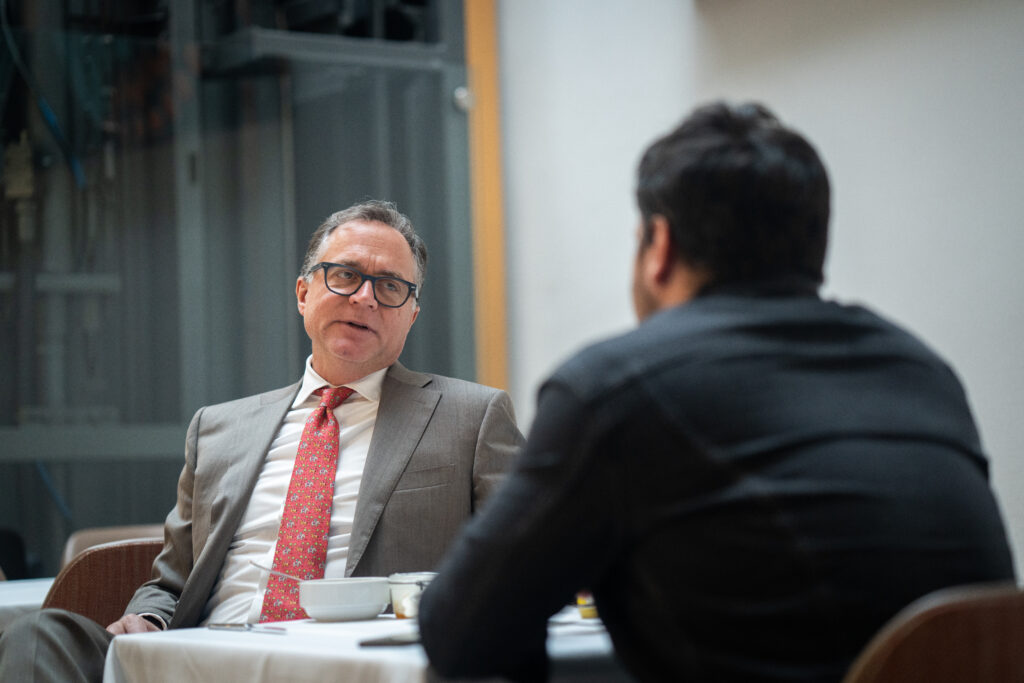
How did they get 95 per cent of the media outlets? What were the causes behind that phenomenon?
I think it really begins with how the left has taken over academia in America, because we have journalism schools, where many reporters begin their careers, and the left has taken over all of those schools, the professorships, and then they indoctrinate students to think in a left-wing manner. Also, students who didn’t go to journalism school, but maybe studied English or foreign affairs, they too have been captured by the left in universities. It really begins there.
Also, they just kick out people who don’t ‘toe the line’. That’s one thing, that they impose a certain type of education, but even if you finish the same diploma, but you’re not going along with the agenda, they are not going to hire you.
Right. Once people have graduated from college, in all of these institutions, whether it’s in government, or whether it’s in media, whether it’s in big tech, the hiring departments, the HR departments are much more aggressive now in excluding anybody who does not toe the line. At Google, at Amazon, at Facebook, if an applicant does not have strong left-wing credentials, they not going to get hired.
CPAC Hungary is coming around soon, it’s in April. I know you were influential in taking CPAC to Hungary. Can you tell me about the history of CPAC getting to Hungary?
The first international CPAC was in Japan, followed by, a couple of years later, Australia, and then Brazil and South Korea. Those were all easy decisions to make. When it came to Europe, I wanted to be extra careful, knowing that the country we pick, and the partner we pick, will really have implications for the entire continent.
There were lots of European countries that wanted to be the first to launch a CPAC, but in the end, it became very clear to me that Hungary was the right country.
It best balanced the liberty of the individual with national sovereignty. It’s no secret that most European countries have delegated their sovereignty to the European Parliament, to the European Commission, and the European Council. Hungary has been the best example of a country trying to protect its sovereignty. Hungary, and then of course, the United Kingdom—of course, they have left the European system entirely.
Then, within Hungary, it became very clear to me that the Center for Fundamental Rights, being the premier legal think tank in the country, was an excellent partner, and they have proven their worth at every step. CPAC Hungary has been a great success. And, I think, conservatives around Europe universally have agreed that Hungary was indeed the right place to launch this effort.
Related articles:

